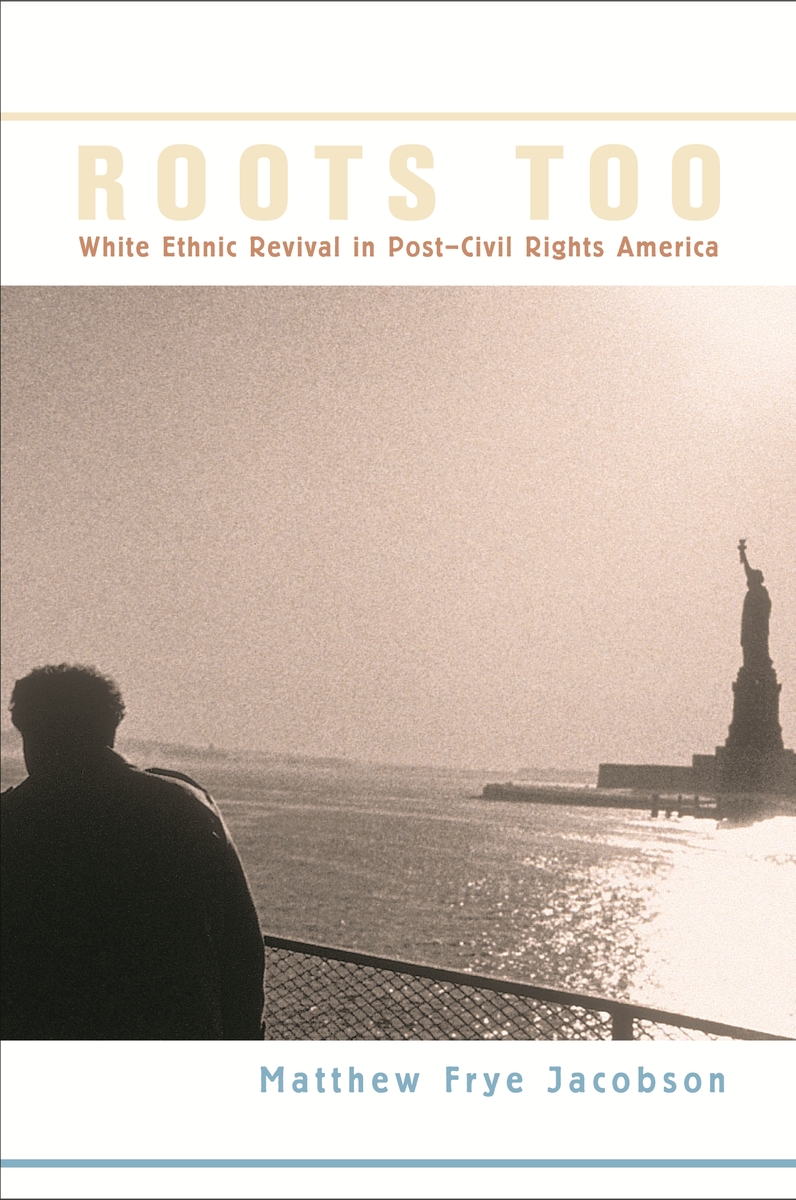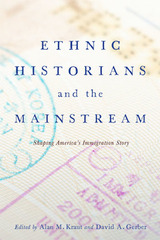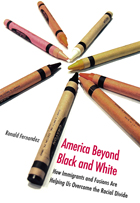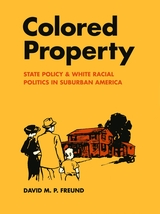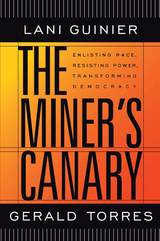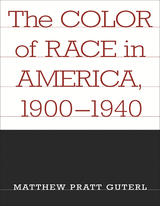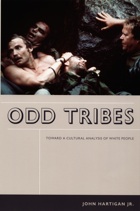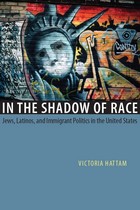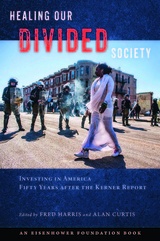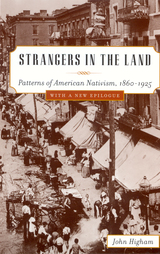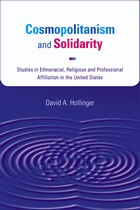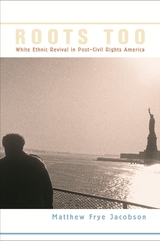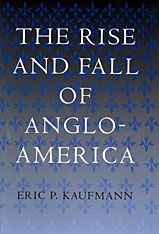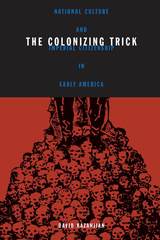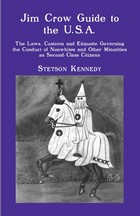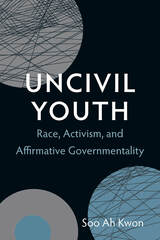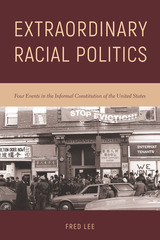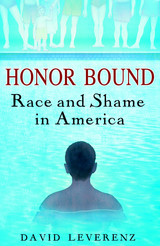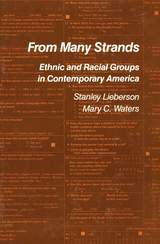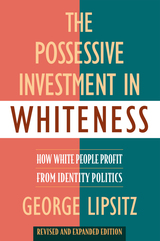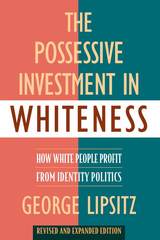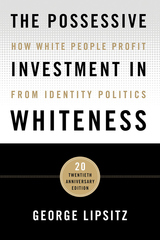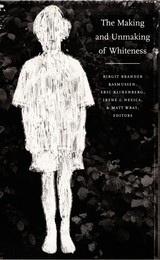How did American culture move away from an older assimilationist ideal toward a new celebration of the hyphen? In Roots Too, Matthew Jacobson has written a magisterial cultural history of the ethnic revival covering a vast array of topics, from Ellis Island to the Statue of Liberty, from Roots and Fiddler on the Roof to Rocky and The Godfather, and from neoconservatism to ethnic feminism.
-- Werner Sollors, author of Neither Black Nor White Yet Both
As critically important as it is engaging, Roots Too impressively shows how thoroughly "Ellis Island" whiteness has remade nationalism in the U.S. in the last half century. Our views are both complicated and deepened by this brilliant work of retrieval and analysis.
-- David Roediger, author of Working Towards Whiteness: How America's Immigrants Become White. The Strange Journey from Ellis Island to the Suburbs
Roots Too offers an unflinching analysis of how and why whites became ethnic during the Civil Rights, Third World, feminist, and queer movements. It is a work of enormous significance.
-- Gary Y. Okihiro, author of Common Ground: Reimagining American History
All readers will come away from this book with a deeper appreciation of how and why the immigrant saga has mattered so much in recent American politics.
-- Donna R. Gabaccia, Professor of History, University of Minnesota
In this intriguing and closely argued book, Jacobson tells the story of how it came to be fashionable for white Americans to rediscover their ethnic heritage--be it Italian or Irish, Jewish or Catholic--and how many of them made this into a 'usable past' to forge a sense of identity, a quasi backlash to the civil rights movements of the '60s that occurred less on the front page than on the big screen (think Godfather, Rocky, or My Big Fat Greek Wedding). One of the book's strongest assets is the large number of examples and case studies Jacobson provides, including accounts of Michael Dukakis's relentless invocation of his Greek background during his failed presidential campaign and how artist Judy Chicago's 'evolving sense of Jewishness' became central to her work...Jacobson's considerable achievement is how he avoids reducing ethnic revival to simple multiculturalism or the inevitable result of the fabled hard-working Ellis Island immigrant.
-- Publishers Weekly
Given the current intensity of the immigration debate in the United States, perhaps no book could be more timely than Roots Too. In this exciting new study, leading immigration historian, Matthew Frye Jacobson, argues that the white ethnic revival of the late twentieth century was about more than the individual rediscovery of one's "roots"...Roots Too speaks to many audiences but will be of most interest to scholars of immigration and ethnicity or of late-twentieth-century American culture. For the former audience, it is among the most thought-provoking works in recent years and could potentially reshape the field.
-- David J. La Vigne History: Review of New Books
[A] tour de force.
-- John D. Buenker Journal of American History
The myth of Plymouth Rock has been replaced by the myth of Ellis Island; we understand ourselves as a nation of immigrants. This much has been broadly understood, and even exploited by moviemakers and politicians...But the origins of this development and its consequences for American racial and civic relations have not been as well explored. Roots Too fills this gap; it is an excellent introduction to discussions of contemporary American discourse on identity. Using a close and persuasive reading of historical, literary, cinematic, and political materials, Jacobson identifies the roots of this ethnic identification in civil rights-era black politics and considers its impact on liberal, conservative, and feminist politics.
-- Cheryl Greenberg The Historian
